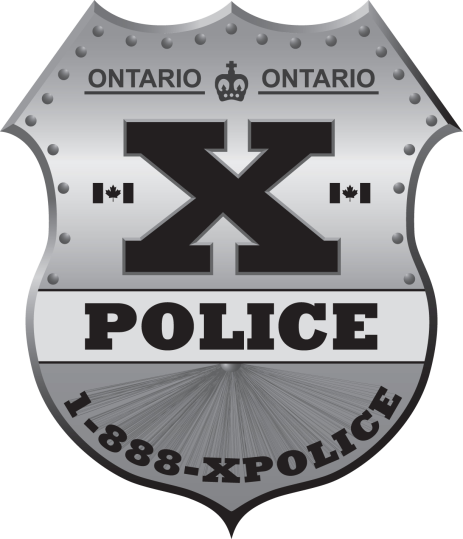Civil rights groups are worried that parts of the Liberal government’s recent recreational marijuana bill will give police sweeping new powers to combat impaired driving that will violate the Canadian Charter of Rights and Freedoms’ protections against unreasonable searches.
Announced last week, the legislation includes an overhaul of existing impaired driving provisions.
“Have you had anything to drink tonight?”
Anyone who has been pulled over by the police has likely been asked that question, but once the government’s new law on impaired driving takes effect, police won’t need to ask.
“I would be extremely surprised if there weren’t numerous Charter challenges,” Noa Mendelsohn Aviv of the Canadian Civil Liberties Association told CTV News.

In this April 15, 2017 photo marijuana plants sit for sale on display in ShowGrow, a medical marijuana provider in downtown Los Angeles. (Richard Vogel/AP Photo)
Currently, police can only demand a breathalyzer test if they have “reasonable suspicion” a driver is impaired, based on signs like slurred speech, the smell of alcohol or the admission of drinking.
The government’s new law does away with that requirement, meaning that any motorist can be asked to take a breath test without such police suspicion.
“This bill is going after people who are not necessarily drunk who don’t show any signs of being drunk or being impaired,” Mendelsohn Aviv said.

RCMP Cnst. Faz Majid performs a breathalyzer test on Lisa Bezanson during a roadside check in Surrey, B.C., just before midnight on Friday, Sept. 24, 2010. (Darryl Dyck/The Canadian Press)
That could also unfairly target visible minorities who, research suggests, get pulled over by police more often.
“These sort of discretionary no-rule powers are disproportionately employed on marginalized groups, on racialized groups, on minorities and on the poor,” criminal lawyer Michael Spratt told CTV News. “And that is dangerous.”
Last year, the same changes were proposed by MP and Conservative leadership hopeful Steven Blaney, who thinks mandatory testing is both legal and effective.
Mothers Against Drunk Driving also supports the change, saying in an online statement that “mandatory alcohol screening… is one of the single most effective measures Canada can adopt to reduce impaired driving.”
Justice Minister Jody Wilson-Raybould says she is confident that the new law will be deemed constitutional. Civil liberties groups, however, are promising to oppose it, saying that the real test will come in the courts.
With a report from CTV’s senior political correspondent Glen McGregor
Source: CTV News
